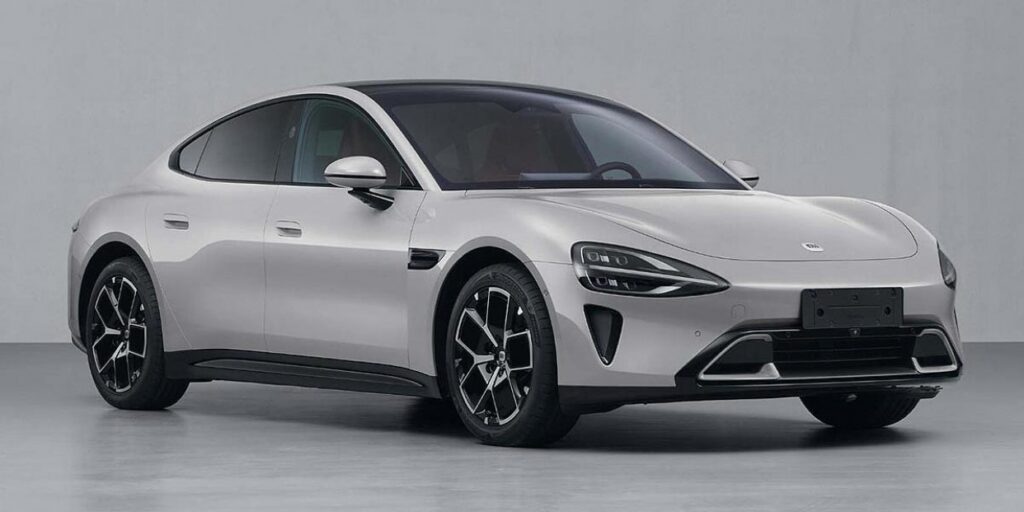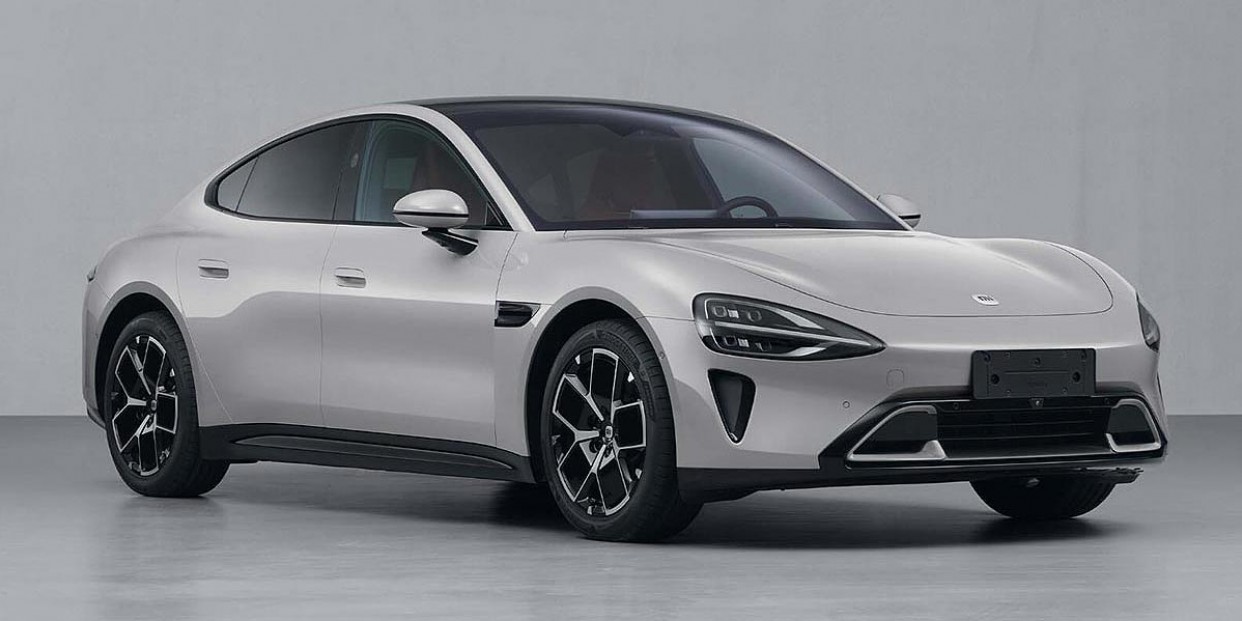In recent years, the automotive industry has witnessed a seismic shift as technology companies venture into the realm of electric vehicles (EVs) and smart mobility. Among these tech giants, Xiaomi, a company renowned for its smartphones, smart home devices, and consumer electronics, has made headlines with its ambitious entry into the automotive sector. The Xiaomi Car represents not just a new product line for the company, but a bold statement of its vision for the future of transportation. This article delves into Xiaomi’s foray into the automotive world, exploring its motivations, challenges, and the potential impact of the Xiaomi Car on the global EV market.

Xiaomi’s Journey: From Smartphones to Smart Cars
Founded in 2010, Xiaomi quickly rose to prominence as a leading player in the global smartphone market. Known for offering high-quality devices at affordable prices, the company expanded its portfolio to include a wide range of consumer electronics, from smart TVs and wearables to home appliances. However, in March 2021, Xiaomi announced its most ambitious project yet: the development of its own electric vehicle. With a commitment to invest $10 billion over the next decade, Xiaomi signaled its intention to become a major player in the automotive industry.
The decision to enter the EV market aligns with Xiaomi’s broader strategy of creating an ecosystem of interconnected devices. Just as its smartphones serve as hubs for smart home products, the Xiaomi Car is envisioned as a central component of a seamless, intelligent mobility experience. By leveraging its expertise in software, hardware, and artificial intelligence, Xiaomi aims to redefine what it means to drive a car in the 21st century.
The Vision Behind the Xiaomi Car
Xiaomi’s entry into the automotive industry is driven by a clear vision: to create a smart, connected, and sustainable vehicle that integrates seamlessly with its existing ecosystem. The company has emphasized its commitment to innovation, quality, and affordability—principles that have defined its success in the consumer electronics market.
One of the key differentiators of the Xiaomi Car is its focus on smart technology. Xiaomi plans to equip its vehicles with advanced driver-assistance systems (ADAS), over-the-air (OTA) software updates, and a user-friendly interface that syncs with other Xiaomi devices. This approach mirrors the strategies of other tech companies like Tesla and Apple, which have also prioritized software and connectivity in their automotive ventures.
Moreover, Xiaomi is betting big on sustainability. As the world transitions away from fossil fuels, electric vehicles have emerged as a critical component of the global effort to combat climate change. By entering the EV market, Xiaomi is positioning itself as a forward-thinking company that is committed to reducing carbon emissions and promoting clean energy.
Challenges on the Road Ahead
While Xiaomi’s ambitions are commendable, the road to success in the automotive industry is fraught with challenges. Unlike the consumer electronics market, where product lifecycles are relatively short, the automotive sector requires significant investments in research and development, manufacturing, and supply chain management. Additionally, the regulatory landscape for vehicles is far more complex, with stringent safety and environmental standards that must be met.
One of the biggest hurdles Xiaomi faces is establishing a robust manufacturing infrastructure. Building a car from scratch is a monumental task that requires expertise in engineering, design, and production. To accelerate its entry into the market, Xiaomi has partnered with established automotive manufacturers and suppliers. However, the company will need to strike a delicate balance between outsourcing and developing its own capabilities to ensure long-term success.
Another challenge is competition. The EV market is already crowded with established players like Tesla, BYD, and NIO, as well as traditional automakers such as Volkswagen and General Motors, which are aggressively transitioning to electric vehicles. To stand out, Xiaomi will need to offer a unique value proposition that resonates with consumers. This could include innovative features, competitive pricing, or a superior user experience.
The Potential Impact of the Xiaomi Car
Despite the challenges, the Xiaomi Car has the potential to disrupt the automotive industry in several ways. First and foremost, Xiaomi’s expertise in software and AI could give it a significant edge in developing smart vehicles. By integrating its MIUI operating system—or a customized version of it—into its cars, Xiaomi could create a seamless and intuitive driving experience that sets it apart from competitors.
Additionally, Xiaomi’s strong brand recognition and loyal customer base could give it a head start in the EV market. The company has a proven track record of delivering high-quality products at affordable prices, which could make the Xiaomi Car an attractive option for cost-conscious consumers. If Xiaomi can replicate its success in the smartphone market, it could quickly gain market share and challenge established automakers.
Furthermore, Xiaomi’s entry into the automotive industry could accelerate the adoption of electric vehicles, particularly in emerging markets. As a company with a strong presence in countries like India, Indonesia, and Brazil, Xiaomi is well-positioned to introduce affordable EVs to regions where demand for sustainable transportation is growing. This could have a transformative impact on global efforts to reduce greenhouse gas emissions and combat climate change.
Looking Ahead: What to Expect from Xiaomi Car
As of now, details about the Xiaomi Car remain scarce. The company has released limited information about its plans, including a teaser video showcasing a sleek, futuristic design. However, industry analysts speculate that the first Xiaomi Car could hit the market as early as 2024, with initial production focused on the Chinese market.
In the coming years, Xiaomi is expected to unveil more details about its automotive strategy, including partnerships, manufacturing plans, and product features. The company’s ability to execute its vision will depend on its ability to navigate the complexities of the automotive industry while staying true to its core values of innovation, quality, and affordability.
Conclusion
The Xiaomi Car represents a bold and ambitious step for a company that has already revolutionized the consumer electronics industry. By entering the automotive market, Xiaomi is not only expanding its product portfolio but also positioning itself as a key player in the future of mobility. While the challenges are significant, Xiaomi’s track record of innovation and its commitment to sustainability suggest that the Xiaomi Car could be a game-changer in the EV market.
As the world watches Xiaomi’s journey unfold, one thing is clear: the convergence of technology and transportation is reshaping the automotive industry, and Xiaomi is determined to be at the forefront of this transformation. Whether the Xiaomi Car becomes a household name or faces setbacks along the way, its launch marks an exciting new chapter in the story of one of the world’s most dynamic tech companies.

